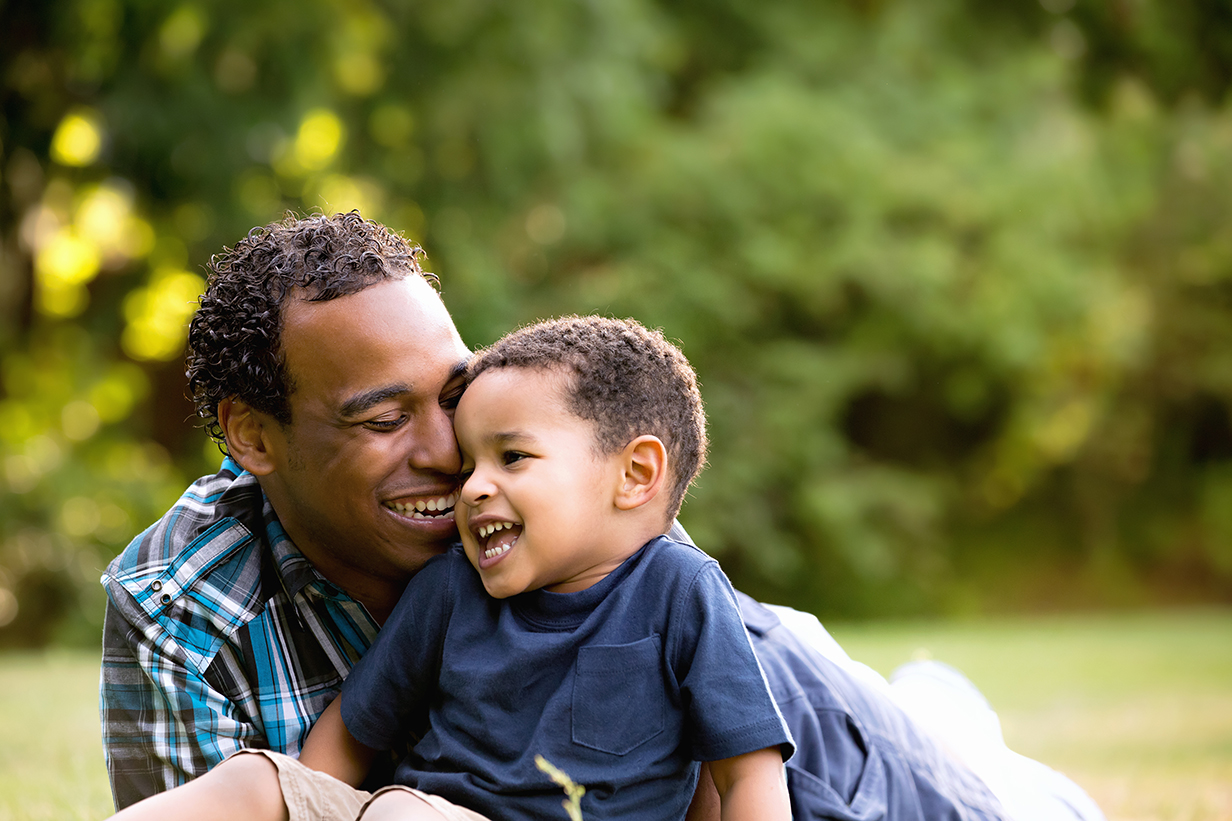Building and Maintaining a Healthy Parent-Child Relationship

The Fourth of July is a unique day where parents and children can interact with minimal barriers or distractions. The kids are out of school, parents are off from work and communities host family-friendly events throughout the day. It’s the perfect time to build and strengthen a positive relationship with your child!
But what happens on July 5, when life goes back to “normal”?
Even in the mundane, a relationship with your child can thrive as you invest time, interest and love.
[mk_fancy_title color=”#0076bf” size=”25″ font_weight=”400″ margin_top=”20″ margin_bottom=”0″ font_family=”none”]What Does a Healthy Relationship Look Like?[/mk_fancy_title][vc_column_text] A healthy parent-child relationship begins with a healthy parent. In order for you to care for your child well, you first need to care for yourself. Children look to their parents for guidance, encouragement and discipline and it’s hard to provide for those needs when you aren’t well. While it’s important to be with your child, remember to take personal time to recharge and care for your mental, emotional and physical health. Think of what you enjoy and reserve time every week to practice self-care.
A healthy relationship also takes time. As with any relationship, building a strong bond is a combination of quantity and quality time. Repeated intentional time together allows for you to know your child and vice versa! When you spend time together, you’ll teach your child what it looks and feels like to be loved, trusted and valued, and so much more!
[/vc_column_text][mk_fancy_title color=”#0076bf” size=”25″ font_weight=”400″ margin_top=”20″ margin_bottom=”0″ font_family=”none”]Benefits of a Healthy Relationship[/mk_fancy_title][vc_column_text]
The numbers add up; positive parental involvement creates better outcomes for your child.
- Children who have parental support are likely to have better health as adults.
- Students with involved parents tend to earn higher grades, have better social skills and are more likely to graduate and go on to post-secondary education.
- Children are more likely to be socially competent and have better communication skills when they have parents who are sensitive to their needs and emotions.
- Teens who are monitored by their parents are one-quarter as likely as teens with “hands-off” parents to smoke, drink and use drugs.
[/vc_column_text][mk_fancy_title color=”#0076bf” size=”25″ font_weight=”400″ margin_top=”20″ margin_bottom=”0″ font_family=”none”]How We Can Help[/mk_fancy_title][vc_column_text]
At The Village Network, we recognize the vital role parents play in a child’s development. However, we also understand parenting is difficult and sometimes requires help from an outside source. That’s why we offer Parent-Child Interaction Therapy as part of our diverse range of services.
PCIT is a short-term, specialized behavior management programed designed for young children experiencing behavioral and/or emotional difficulties and their caregivers. Backed by more than 30 years of research and practice, PCIT focuses on improving positive child behaviors through a strong parent-child relationship.
You can visit our PCIT page to learn more about the therapy, how it works and where you can enroll in a therapy session.